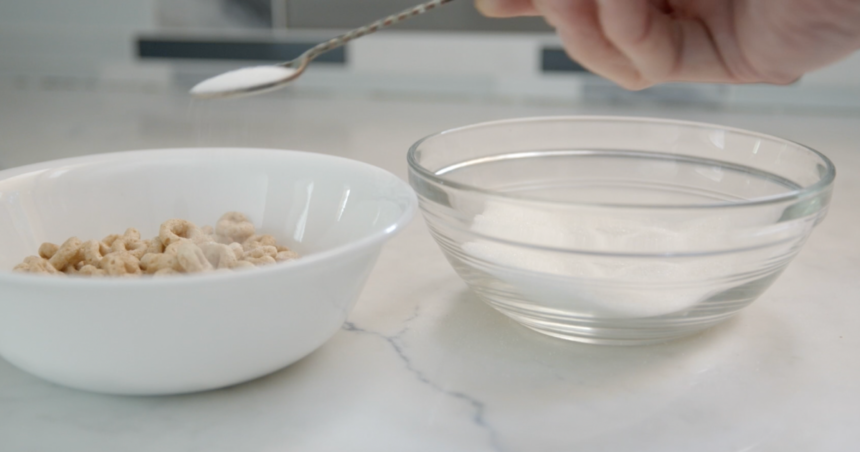A recent study suggests that a popular zero-calorie sweetener could potentially increase the risk of heart disease, sparking concerns about the safety of sugar substitutes.
New findings from the Cleveland Clinic indicate that erythritol, a commonly used sugar alcohol, may elevate cardiovascular risk by causing blood platelets to clot.
Lead researcher Dr. Stanley Hazen warns that this could heighten the likelihood of experiencing a cardiovascular event.
Hazen expressed his concern, stating, “There’s reason to believe that erythritol may be contributing to the increased risk of heart attack and stroke in individuals with elevated levels of these sugar alcohols in their bloodstream.”
Despite these findings, the Calorie Control Council, which represents the low-calorie food and beverage industry, has criticized the study, citing its reliance on a small sample size and excessive erythritol consumption beyond a standard serving.
While the Food and Drug Administration asserts the safety of this sweetener, Dr. Andrew Freeman of National Jewish Health emphasizes the need for further research to ascertain the safety of sugar substitutes, particularly those consumed in concentrated forms.
To enjoy a low-calorie sweet drink, health experts recommend adding pieces of fruit to water as a healthier alternative to sugar substitutes.





